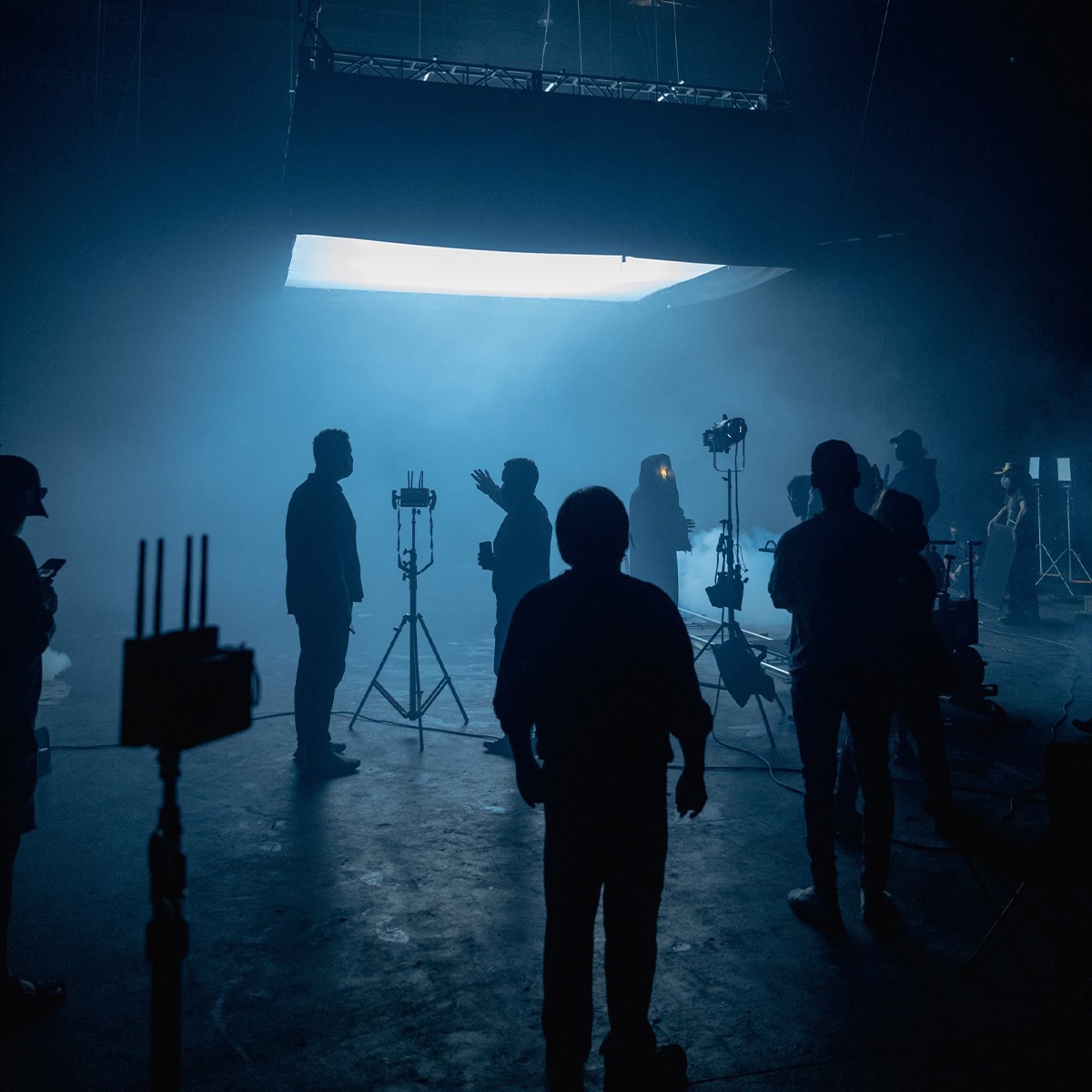Writing
Film Crew Position: Writer

What does a Writer do?
A Writer in the context of film and television is a creative individual who crafts the narrative of a production. This can include, but is not limited to, developing the script, dialogue, characters, and sometimes even the world-building aspects of the story. Writers are fundamental to the storytelling process as they lay the groundwork upon which directors, actors, and other crew members will build the final product. They are often responsible for transforming a concept into a vivid and engaging script that serves as the blueprint for the entire production.
What role does a Writer play?
The role of a Writer in film involves a variety of tasks that extend beyond simply putting pen to paper. Writers often research extensively, create detailed character backstories, and construct intricate plot lines. They collaborate with producers, directors, and sometimes actors to refine the script and ensure that the narrative aligns with the creative vision of the production. During the filmmaking process, writers may be asked to revise their work to accommodate changes in direction, budget constraints, or feedback from test screenings.
Do you need to go to college to be a Writer?
While a college degree is not an absolute requirement to become a Writer in the film industry, many writers do possess a formal education in fields such as English, Journalism, Communications, or Screenwriting. Film schools and many universities offer specialized programs that can provide aspiring writers with the skills, mentorship, and networking opportunities necessary to break into the industry. However, practical experience, a strong portfolio of work, and a deep understanding of film and narrative structure can be equally important to finding success as a Writer.
What skills do you need to be a Writer?
Successful Writers in the film industry typically possess a blend of creative and practical skills. Strong writing ability is a must, including a firm grasp of grammar, dialogue, and storytelling techniques. Writers should have a talent for crafting compelling characters and engaging plots, as well as the ability to write in different voices and styles to suit various genres. Additionally, critical thinking, research skills, and the capacity to accept and integrate feedback are essential. Writers must also be disciplined, with excellent time management skills, to meet deadlines and handle the often solitary nature of the writing process. Collaboration skills are equally important, as writers frequently work with other members of the production team to refine their scripts.
New to filmmaking?
Get Free Template
Use our budget template to get a kick start on your film project. Get access to dozens of templates no matter what type of project!
